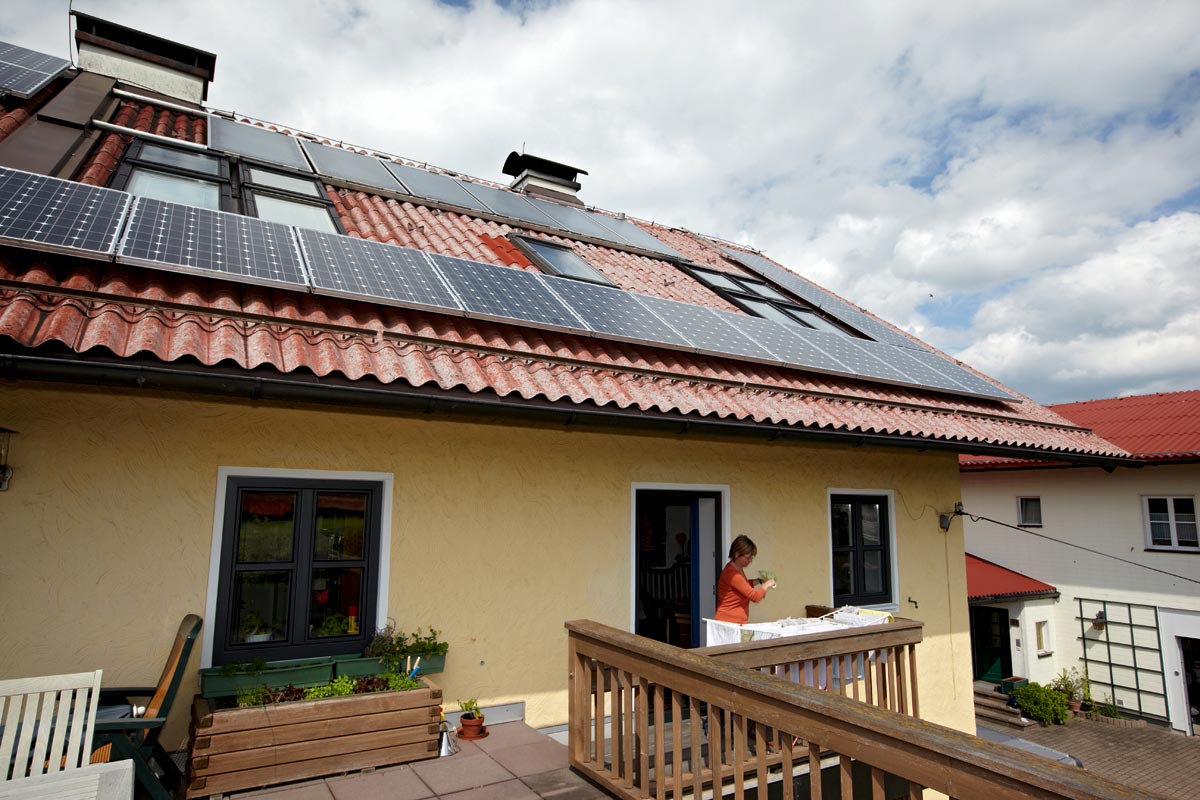In power supply systems generation and consumption must be kept in equilibrium at every time. Up till now power supply has as a general rule tracked demand, so as to ensure a reliable supply at all times. However, in systems with a significant proportion of local generators and renewable sources of energy this can lead to problems, as generation levels fluctuate.
The idea of demand-side management (DSM) is to treat the consumers as an active part of the power supply system. Flexible load management makes it possible to influence the level of demand in households, industry or small-scale manufacturing systematically, i.e. to steer the rate or the timing of power consumption and thus to improve the performance of the system as a whole. Larger industrial customers for electricity have already implemented DSM; in the case of private households it may well be possible to take advantage of new potential for shifting loads, by tying heat pumps and electric vehicles in. With the aid of the Implementing Agreement “Demand Side Management” (DSM), innovative technologies, applications and methods, plus business models for consumer-related measures are being developed and their deployment in the member states promoted. The goals here are positive effects on the reliability and security of the power supply systems, on reducing carbon dioxide and pollutant emissions and on system costs.
The DSM programme is focused on the issues of load management, energy efficiency, smart power networks and energy services, and also on the individual‘s role in electricity consumption and on activities connected with this.
Altering energy consumption patterns permanently
Alongside innovations in technology and systems engineering, the human factor is decisive for success in establishing a sustainable, climate-friendly energy system. It is reasonable to assume that roughly 20 % of households‘ and other small-scale consumers‘ energy consumption can be saved by means of changes in energy consumption patterns. In IEA DSM Task 24 the prerequisites for sustainable consumption patterns are being investigated scientifically, with a focus on transport, energy savings in buildings, SMEs (Small and Medium size Enterprises) and smart meters.
The main aim of Austria‘s participation is to develop promising, evaluable DSM policies (further). The investigations are concerned with purchasing, using and disposing of energy technologies and with the psychological processes triggered by changes in consumption patterns. The researchers look at new models and theories of behaviour, analyse successful case studies and put together models for evaluating and monitoring DSM policies.
Share
